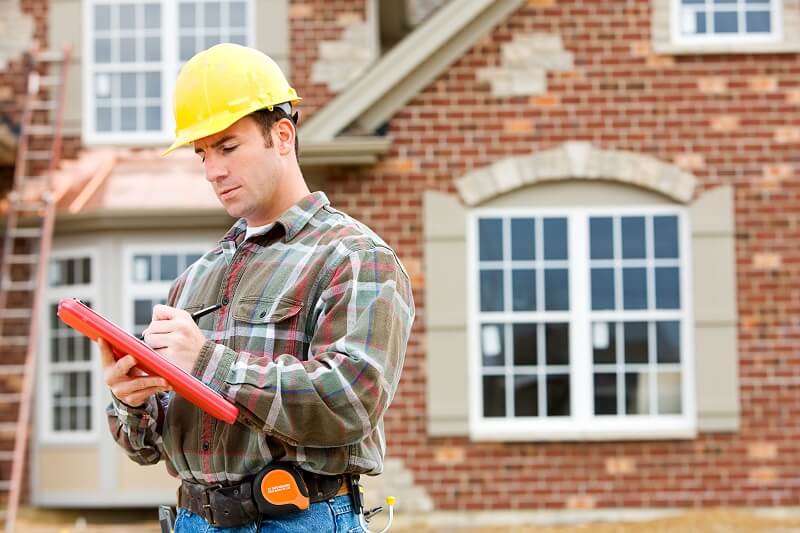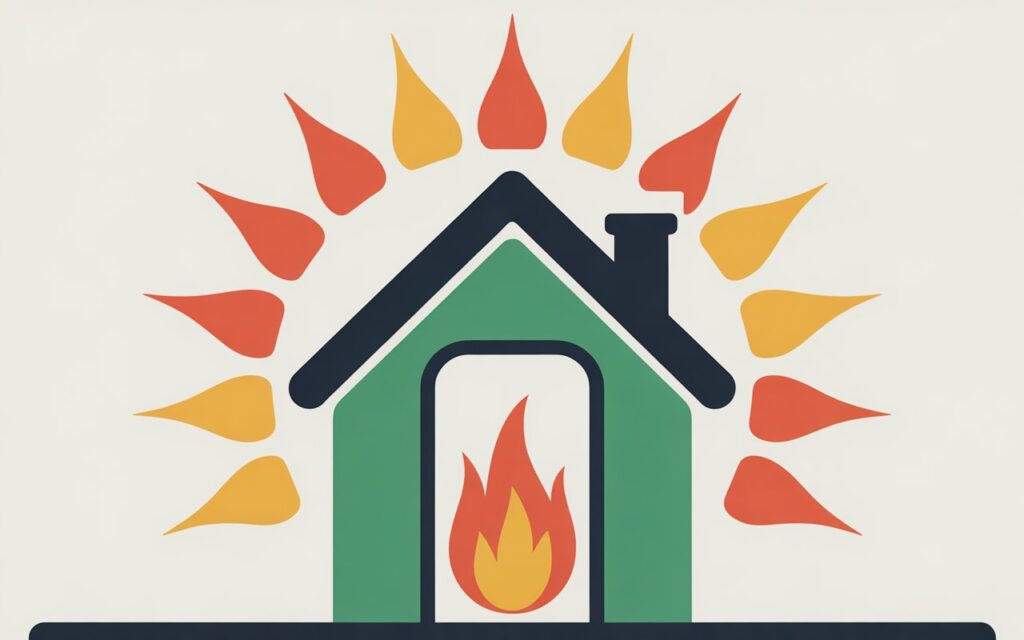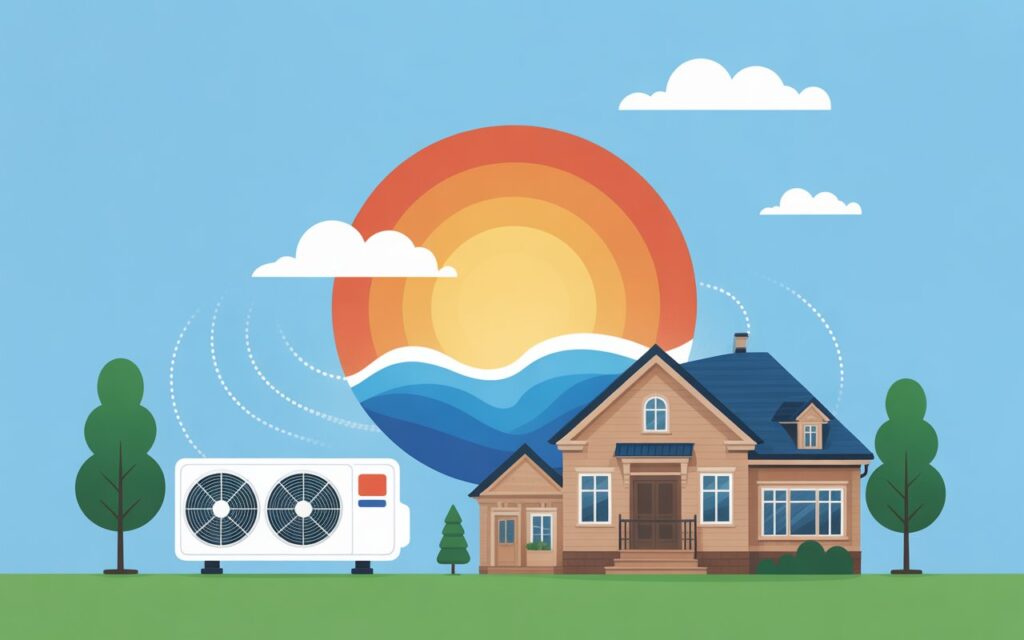A home inspection is an essential step in the home-buying process. It helps buyers understand the property’s condition by identifying potential issues, from structural concerns to safety risks. Once the inspection is complete, buyers may request repairs based on the findings. However, not all issues uncovered during the inspection are mandatory fixes. In this post, we’ll explain which repairs are essential after a home inspection and how buyers should navigate the repair request process.
Understanding Home Inspection Reports
Before diving into repairs, it’s important to understand what a home inspection report entails. A home inspector evaluates the property’s structure, systems, and safety features, documenting any deficiencies or hazards. The report typically classifies these issues into three categories: maintenance tasks, significant problems, and safety hazards. This classification helps buyers understand the severity of each issue and what repairs are necessary.
Mandatory vs. Recommended Repairs: What’s the Difference?
When you’re considering what fixes are mandatory after a home inspection, it’s important to distinguish between mandatory and recommended repairs. Let’s break them down:
Mandatory Repairs
Mandatory repairs are issues that directly impact the safety, structural integrity, or livability of the home. These repairs are non-negotiable and must be addressed before the sale can move forward. Here are some common examples of mandatory fixes after a home inspection:
- Safety Risks: Any issues that present an immediate danger to the home’s occupants—such as exposed electrical wiring, gas leaks, or structural weaknesses—are non-negotiable. These issues must be repaired immediately for the safety of the residents.
- Structural Problems: Issues that compromise the stability of the home, such as foundation cracks, damaged load-bearing walls, or a leaking roof, must be addressed. These problems can lead to significant damage if left unresolved.
- Critical Systems: Plumbing, electrical, and HVAC systems are essential for a livable home. If any of these systems are malfunctioning or pose a risk to the home, they must be repaired to ensure the home remains functional.
- Code Violations: Building code violations must be corrected to ensure the property complies with local regulations. Failure to address these issues could lead to fines or prevent the sale from moving forward.
- Health Hazards: Issues such as mold, asbestos, or lead-based paint can pose serious health risks. These must be remediated to provide a safe living environment.
Recommended Repairs
Recommended repairs, on the other hand, are not critical for safety or habitability but can improve the home’s overall condition or appeal. While these repairs are not required for the sale to proceed, they can be beneficial in the long run. Some examples of recommended fixes include:
- Deferred Maintenance: These are minor issues that don’t affect the home’s livability but may prevent the home from maintaining its value over time. This could include things like peeling paint, old roofing, or aging HVAC systems.
- Aesthetic Upgrades: Cosmetic repairs, such as fixing damaged fixtures or replacing outdated appliances, are optional but can make the home more appealing to future buyers.
- Energy Efficiency Improvements: Adding insulation, upgrading windows and doors, or replacing old appliances can help make the home more energy-efficient. While not necessary for safety, these updates can save on energy costs and improve comfort.
- Routine Maintenance: Tasks like cleaning gutters, servicing HVAC systems, or checking for water damage may be recommended to keep the home in good condition.
How to Navigate Repair Requests After a Home Inspection
Once you’ve reviewed the home inspection report, you’ll need to determine which repairs to request from the seller. Here’s how to navigate the repair request process:
1. Review the Inspection Report Thoroughly
The first step in determining what fixes are mandatory after a home inspection is to carefully review the inspection report. Understand the severity of each issue and focus on the most pressing concerns.
2. Focus on Mandatory Repairs
Prioritize essential repairs that affect the safety, stability, or livability of the home. Safety risks, structural issues, and critical system failures should be at the top of your list.
3. Consult with a Real Estate Agent or Lawyer
It’s helpful to consult with a real estate agent or attorney during the repair request process. They can guide you through the negotiation and ensure your requests are fair and in line with the terms of your purchase agreement.
4. Submit Your Repair Requests in Writing
Once you’ve identified the necessary repairs, submit your requests in writing. Be specific about the repairs you want, and provide supporting documentation, such as the home inspection report. It’s also a good idea to include a timeline for when the repairs should be completed.
5. Negotiate Repairs
The seller may accept, reject, or negotiate the proposed repairs. Be prepared for a back-and-forth negotiation. Effective communication and flexibility are key to reaching a fair agreement.
6. Get Professional Estimates
If the seller agrees to make repairs, it’s a good idea to get professional estimates to ensure the repairs are feasible and cost-effective. This can help you avoid any surprises later on.
7. Finalize the Agreement
Once both parties have agreed to the repairs, make sure to formalize the agreement in writing. Include details about the repairs, timelines, and responsibilities. This ensures that both parties are on the same page and can avoid any future misunderstandings.
Conclusion
Knowing which repairs are mandatory after a home inspection is crucial for both buyers and sellers. Buyers should prioritize safety risks, structural concerns, code violations, and health hazards, as these repairs are essential to the home’s safety and livability.
For professional home inspection services, contact Guardian Angel Inspections. We proudly serve Broward County, Palm Beach County, and St. Lucie County in Florida. Our thorough inspections will help you make informed decisions about your property investment.









